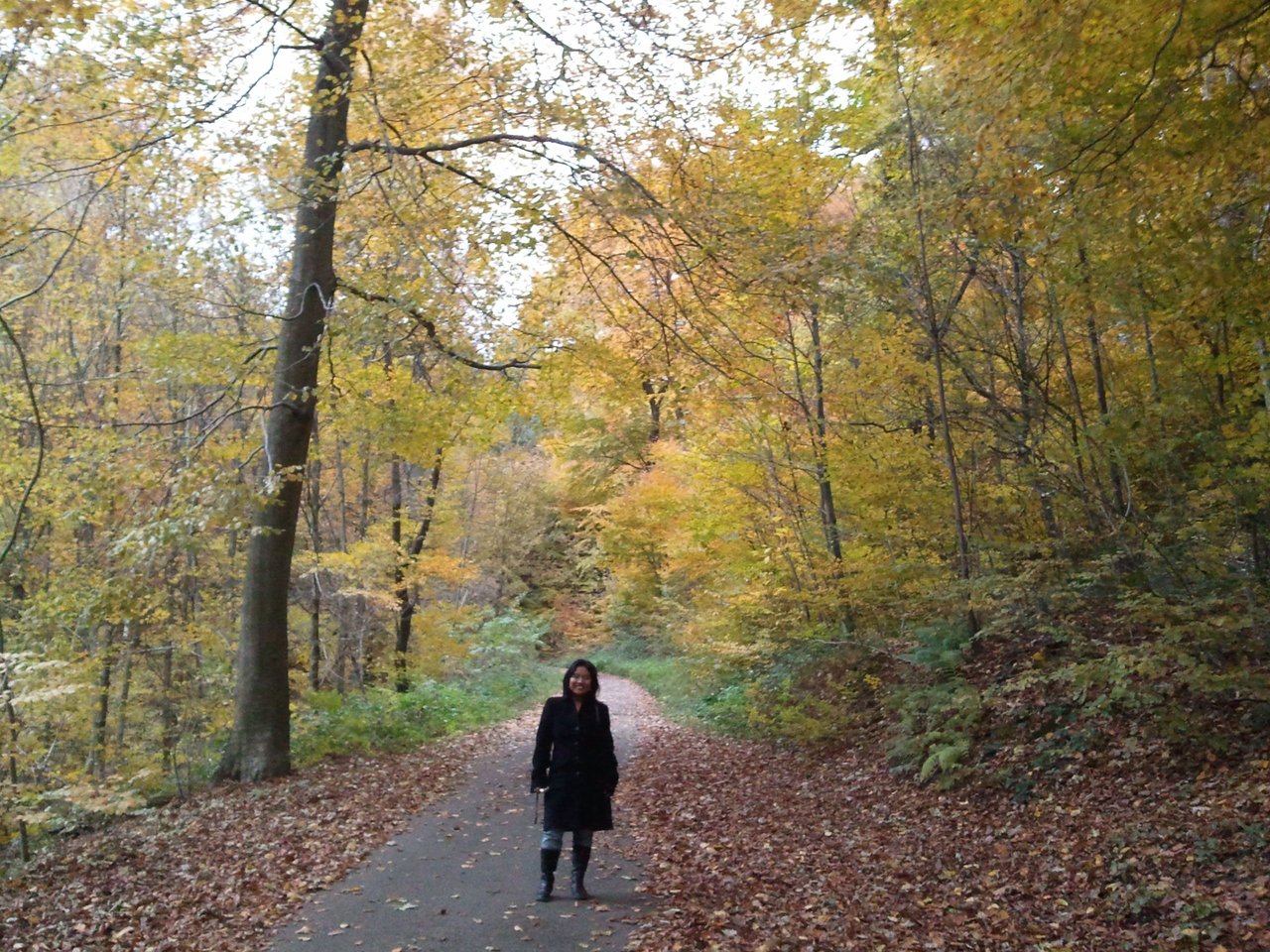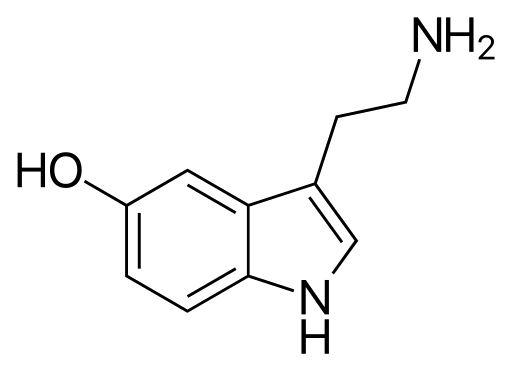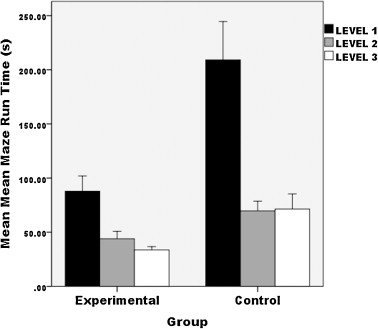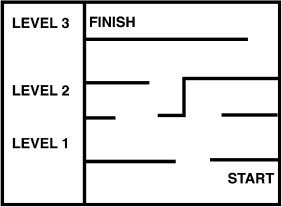As it is one of the requirements of the "SteemSTEM Writing Competition" I will start about why I chose my topic.
When I was still a student long time ago I had the habit to go to the near forest very often to learn there and prepare my coming exams. Actually I was holding the books in my hands and learning while walking ... Strange enough but I always had the feeling that learning in the forest would work much better than for example in a library.Some years passed and one day I red something amazing: according to a study of the researchers Dorothy M. Matthews and Susan M. Jenks[1] the ingestion of Mycobacterium vaccae[2] decreases fearfulness and improves the ability to learn in mice.
Mycobacterium vaccae naturally lives in the soil but can also be inhaled together with fresh air in the forest or while doing gardening. Was there finally a scientific explanation for my strange preference to learn in the forest (where the additional walking probably led to a better perfusion of the brain)? Even if very amazing I didn't do further investigations concerning this topic.
Yesterday though I happened to read a very interesting article of @justtryme90 about the phenomenon that people tend to be the less affected from depressions the more they are surrounded by vegetation.[3] Interesting enough to read these statistical underpinned observations, but what is actually the reason for it? Is it "only" the psychological effect that because of our evolutionary development within nature we just feel better, more happy and calm when surrounded by our "natural" environment or could maybe bacteria like Mycobacterium vaccae play a role as well? I decided to go back to the mentioned study of Matthews and Jenks to read it again and present their findings here.

My wife, walking through the autumn forest (and maybe inhaling M. vaccae? :).
Treatments with Mycobacterium vaccae activate the immune system and help against depressions
Since quite some time some researchers assume that the rise of allergies and asthma in western societies could surprisingly be the consequence of living too clean. Supposedly our immune systems can be better trained in the presence of nonpathogenic bacteria like Mycobacterium vaccae.
Amazingly some studies hinted in a way that not only the immune system benefited from the bacteria treatment but in addition it had a positive effect on patients who suffered under depressions. When for example lung cancer patients got injected heat killed M. vaccae they showed not only an improved median survival[4] but also seemed to feel less depressed and sick.[5]
|
Researchers found out that specific serotonin-releasing neurons were
activated in mice after they got injected M. vaccae. Serotonin or 5-hydroxytryptamine (5-HT) is a monoamine neurotransmitter which besides many other functions has the effect to balance our mood, makes us feel better and more relaxed.[6] |

By CYL - Own work, CC BY-SA 3.0, https://commons.wikimedia.org/w/index.php?curid=18074053 |
The hypothesis of the neuroscientist Christopher Lowry and his collaborators was that bacteria would activate immune cells, which then release so called cytokines, small proteins which play an important role in regulating growth and differentiation of cells.[7] These cytokines then should finally affect and enhance the activity of serotonin-producing neurons.
To verify their theory they injected pulverized bacteria into mice. Later they could indeed measure a higher concentration of cytokines than normal in the bodies of the animals. Apart from that they found an increased activity of serotonin-producing nerve cells in the dorsal raphe nucleus[8] of the brains of the treated mice as well as an over-average serotonin concentration in their prefrontal cortex.
In another experiment they observed that treated mice which were dropped into water did swim more persistent than untreated ones - that means to inject the bacteria had exactly the same effect as antidepressant drugs.
All these tests[9] let assume that walking through nature and inhaling soil bacteria could brighten up our mood ... and in future it may be possible to produce drugs against depression which contain a natural immune system stimulating bacteria-extract ...Interesting in this context is that the treatment with M vaccae not only increases the production of serotonin but also may help against depression by another mechanism as well. Several recent studies (where one example is the research of Miller & Raison[10]) come to the conclusion that inflammations actually can cause or at least promote depressions. Mycobacterium vaccae may actually ease inflammations and thus depressions by triggering the production of immune cells that curb the inflammatory reaction. There are several studies pointing in this direction.[11], [12]
The effect of Mycobacterium vaccae on learning ability
The above is amazing enough but there comes even more: let me remind you at the study of Matthews and Jenks which I mentioned at the beginning of this article.[1] Since serotonin plays a role in learning, the two female researchers wanted to find out if by the increase of the serotonin production the ingestion of M. vaccae would not only decrease the anxiety of the animals but also improve their learning ability.
They fed mice with living M. vaccae. Then the animals had to find their way through three maze difficulty levels (over 12 trials for four weeks) to get their rewards. The scientists observed that the bacteria-treated mice showed not only less anxiety-related behavior but also needed only half of the time of the untreated mice to find the way through the labyrinth!
Here you can see the construction of the maze and the results (from the same source[1]):|
The maze
|

|
It's also interesting that "The effects of M. vaccae treatment in the complex maze lasted 8 weeks". More data can be found in the original source.
Does inhaling bacteria increase intelligence? At least it seems to increase the learning ability for a certain period of time and intuitively I came to the right decision to learn in the forest ... :)
Sources:
- http://www.sciencedirect.com/science/article/pii/S0376635713000296
- https://en.wikipedia.org/wiki/Mycobacterium_vaccae
- /@justtryme90/our-mental-health-is-improved-by-seeing-and-hearing-nature-especially-for-city-dwellers
- https://www.ncbi.nlm.nih.gov/pubmed?cmd=Retrieve&db=PubMed&list_uids=11899903
- http://discovermagazine.com/2007/jul/raw-data-is-dirt-the-new-prozac
- https://en.wikipedia.org/wiki/Serotonin
- https://en.wikipedia.org/wiki/Cytokine
- https://en.wikipedia.org/wiki/Dorsal_raphe_nucleus
- https://www.ncbi.nlm.nih.gov/pmc/articles/PMC1868963/
- http://www.nature.com/nri/journal/v16/n1/full/nri.2015.5.html
- https://www.ncbi.nlm.nih.gov/pmc/articles/PMC4896712/
- http://www.nature.com/news/vaccine-hope-for-post-traumatic-stress-1.17746

